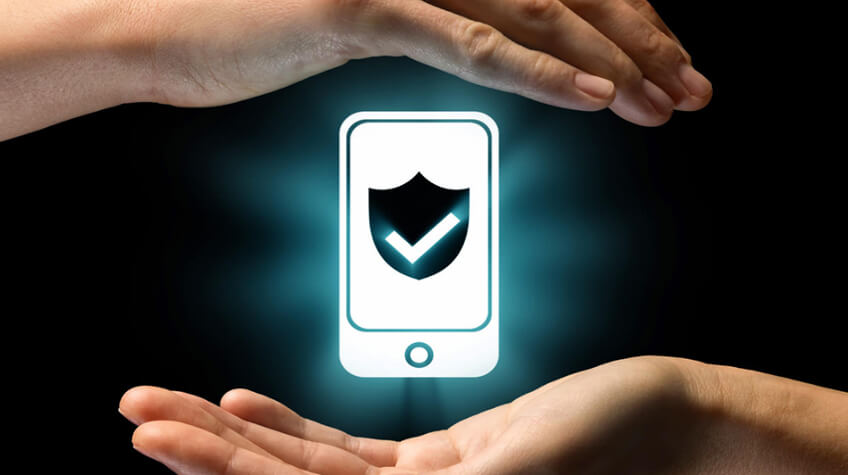
If you’re starting an online business, developing a mobile app should be on top of your list. An app provides your customers with an exclusive platform where they can access your products, services, and other special offers.
An app can also help your brand build relationships with your customers. For me this is a must have for e-commerce businesses as you can utilize it to directly and quickly communicate with them. Moreover, it can give you a better idea of who your buyers or potential buyers are and what they really need.
It’s definitely worth all the trouble to create a user-friendly and convenient app. It is also crucial to think of its security features and ensure that your customers’ private information won’t be compromised. Here are 10 tips on protecting and securing user data:
1. Understand the various mobile platforms
Mobile devices and app requirements are different from each other, so there’s no one-size-fits-all solution when it comes to security. For instance, mobile operating systems use varying application programming interfaces (API), which means that security features and permission handling vary. Familiarize yourself with these things so that you can ensure the security of your app in any device.
2. Make sure your servers are protected too
If you have a server that communicates with your app, you need to take measures that would protect your server as well. When using a commercial cloud provider, ensure that you understand the division of responsibility for securing and updating software on the server.
3. Appoint a security lead
Make sure that there is at least one person from your development team who’s responsible for overseeing security at every stage of your app’s development.
4. Ensure that user credentials are secure
Apps typically require users to create usernames and passwords. Make sure that these credentials are secure and appropriate for your app. For example, a financial app should require a higher level of password strength than a gaming app.
5. Encrypt any data that is transmitted
Secure usernames, passwords, API keys, and other important data transmitted from a device to your server by using transit encryption (SSL/TLS in the form of HTTPS).
6. Go over the data you need to collect and maintain
Collect only the data you need and don’t keep them any longer than you need to. This way, you can prevent users from being suspicious with the amount of data you’re collecting from them. With so many websites and online platforms being compromised, privacy and information security has been a hot topic lately, so a lot of users have become more wary with the data they’re sharing to various online platforms.
Also See: Improve Business with Big Data
7. Be cautious with libraries and other third-party code
Third-party libraries have their advantages, but you need to exercise caution when using them. Consult with your team of developers and inform yourself on whether they have security vulnerabilities.
8. Be informed about applicable standards and regulations relating to financial data, children’s data, etc.
There are certain rules and regulations when dealing with financial data, health data, and children’s data. They’re typically more complex, so make sure that you are complying with the rules and regulations.
9. Continue monitoring your app after its release
Your work isn’t done once your app has been released. Always keep a close eye on its security and make all the necessary updates. Look into the users’ feedback as this will help you spot and fix bugs and vulnerabilities. If you think you don’t have time to do this, you got an option to hire a virtual assistant who can do the job for you.
10. Do not store your passwords in plain text
Ensure that user passwords are protected by avoiding plain text storage on your server — encryption is key. Check with your developers to know about the different ways in which you can make your app sufficiently secure when it comes to storing passwords.
Author Bio:
Catherine is president & executive director of 20four7va, a global eCommerce virtual assistance service provider. She is into strategic planning, product development, brand management, and digital marketing.






